Energy Leap Start-Up Cohort
These innovative start-ups are revolutionising the hydrogen value chain in India - from production to storage, and power generation.
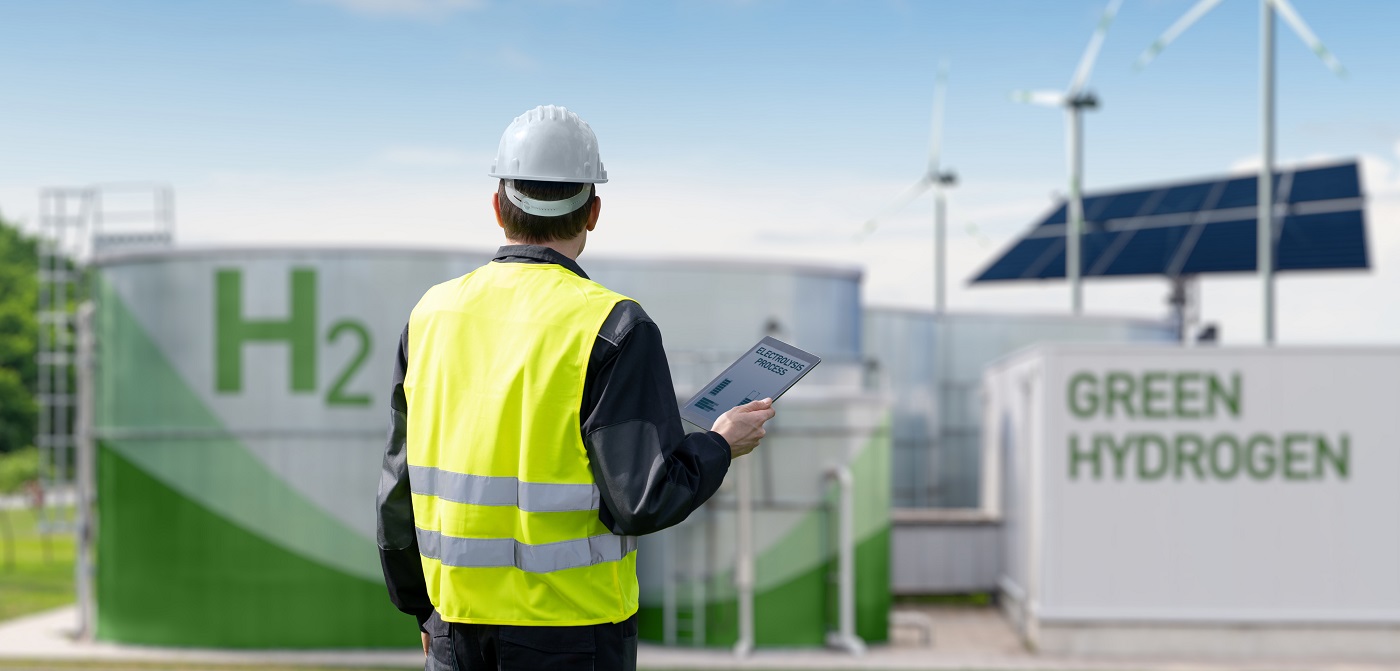
Be part of Energy Leap
Energy Leap can help transform you clean hydrogen idea, solution, or business - get in touch.

Leading on fuel cell-powered drones
Founded in 2021 and headquartered in Pune, India, Prasah is an R&D company dedicated to developing cost-competitive fuel cells to replace internal combustion engines. Pankaj Kumar, founder and a passionate engineer, is leveraging 15+ years of deep technical expertise in fuel cell technology to build India's first fuel cell-powered high payload drone. This drone is designed for applications in construction, agriculture, and mining industries, addressing the lack of reliable power sources for heavy payload drones.
Key highlights of Prasah's journey include collaborations with esteemed institutes like IIT Bombay, COEP, and IISc for indigenising critical components and lowering raw material costs. Prasah has also designed and developed an indigenous Bi-polar plate for fuel cells and built a 12kW fuel cell stack capable of powering an 80kg drone. Currently in the development stage, with their technology validated in lab settings, Prasah has established strategic partnerships to scale-up manufacturing of fuel cell for drone applications.
The built environment contributes 40% of global emissions, demanding urgent decarbonisation. In this session, industry leaders discussed sustainable solutions for meeting availability, reliability, and cost-effectiveness in construction.

Innovating clean power solutions
Hydrovert, established in 2021 and based in Pune, India, is developing hydrogen fuel cell-powered stationary power generators as a clean alternative to diesel generators.
The start-up, founded by Dr. Satyajit Phadke and Supriya Patwardhan, focuses on creating advanced hydrogen powertrains for mobility and energy storage applications.
Dr. Phadke specialises in material science and electrochemistry and has a PhD from University of Florida Hydrovert's innovative hydrogen-battery hybrid powertrain is a promising solution for decarbonising built environments and powering a range of mobility applications, including last-mile logistics.
Hydrovert has garnered significant support, being awarded multiple grants such as the Nidhi Prayas Grant, Startup India Seed Grant, Cummins CSR Grant, and the RM Tulpule Charitable Trust Grant. The start-up was also a finalist in the Bharat Petroleum Innovation Challenge. With their technology tested in relevant environments, Hydrovert is poised to revolutionise hydrogen mobility and energy storage use-cases.

Transforming waste to hydrogen
Suzhiyam Industries, headquartered in Chennai, India, was founded in 2018 by Vivekanandan J, who is a passionate combustion engineer. This innovative start-up is focused on increasing the efficiency and reducing the cost of hydrogen production from biomass sources.
By improving processes in the biomass supply chain and gasification technology, Suzhiyam aims to address the pressing issue of municipal waste management while producing clean hydrogen.
The company employs a process that involves gasification of municipal solid waste (MSW) and agricultural waste through oxygen and steam, followed by steam reformation to produce synthesis gas. This is then converted into hydrogen using the Fischer-Tropsch reaction. Suzhiyam Industries has been recognised for its groundbreaking work, being the winner of Energy Leap's inaugural Innovation Challenge and a runner-up at Venturise 2022.
Currently, their technology is validated in lab environments, and they continue to seek ways to scale their solutions.

Transforming industrial waste into clean hydrogen
Based in Bengaluru, Karnataka—India's Silicon Valley—Ossus Bio-Renewables is revolutionising the way we think about hydrogen production.
Founded in 2017 by Dr. Suruchi Rao and her team, this innovative start-up has developed a groundbreaking technology to extract clean hydrogen from industrial effluents.
Ossus offers a sustainable, on-site clean hydrogen generation solution for heavy industries such as metals, petroleum, and chemical/fertiliser production. This approach not only addresses the growing demand for clean hydrogen but also helps industries manage their waste more effectively.
The company has already made significant strides, executing several green hydrogen production pilot projects with large steel makers and oil refineries. With plans to scale up its clean hydrogen production capacities, Ossus is poised to make a substantial impact on the industrial sector's transition to cleaner energy sources
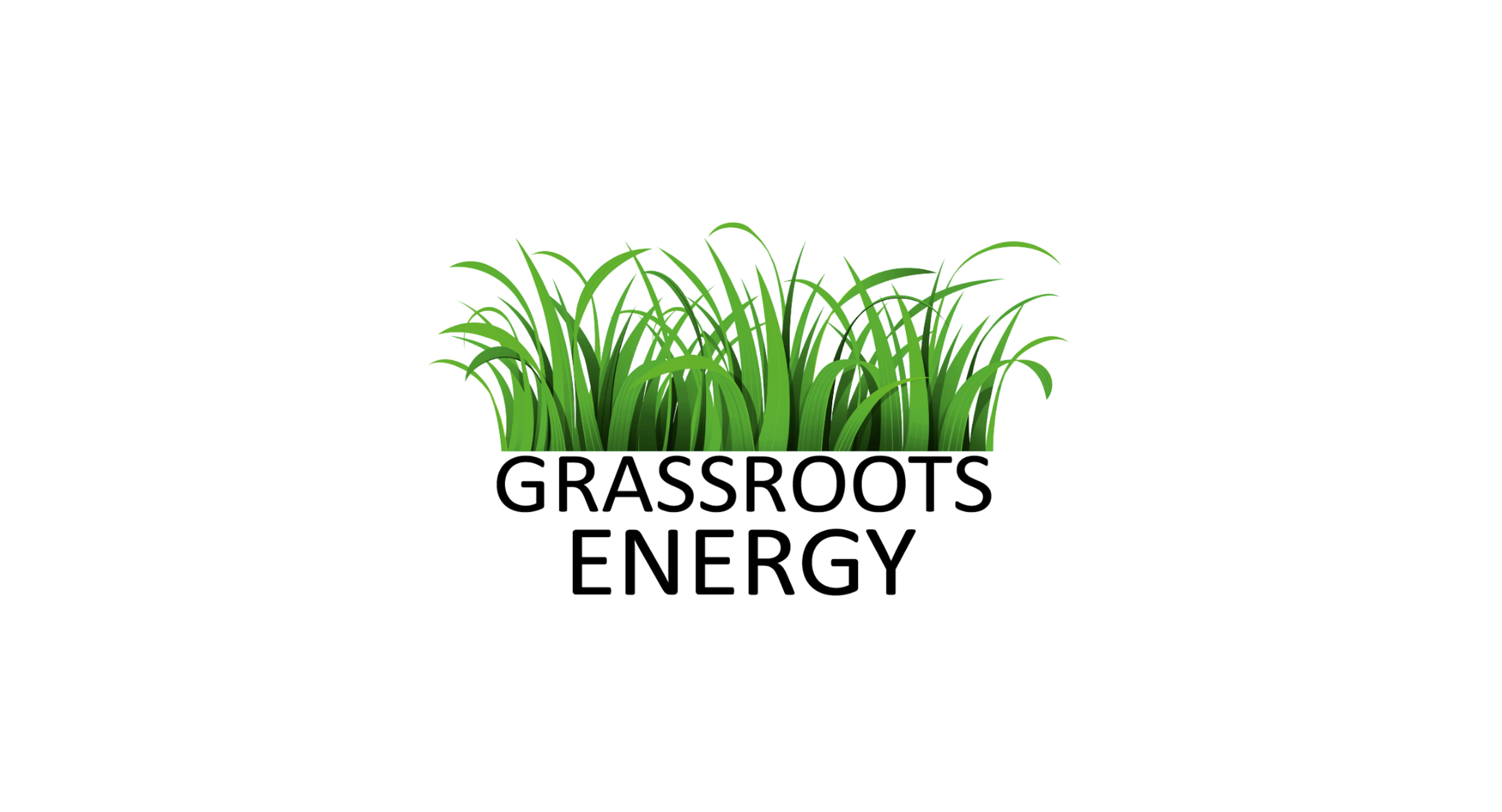
Pioneering bioenergy solutions
Headquartered in Bengaluru as well, Grassroots Energy is a bioenergy start-up co-founded in 2015 by Mateen Abdul, Firas Ahmad, and Dr. Shyamali Sarma. The company offers reliable and cost-effective clean fuels, including biogas, biomethane, bio-hydrogen, and carbon capture solutions.
Grassroots Energy, in partnership with IIT-Hyderabad, is developing a disruptive, modular hydrogen generation system that uses fermentation from diverse organic residues. Their biphasic hydrogen generation solution consumes 70% less energy and water compared to conventional methods, making it a highly efficient and sustainable option.
With an ambitious goal to produce hydrogen at $1/kg by 2028, Grassroots Energy is working towards making clean hydrogen economically viable on a large scale. Their circular economy hydrogen model generates zero residue from operations, offering applications in thermal processes, mobility, gas grids, and distributed power.
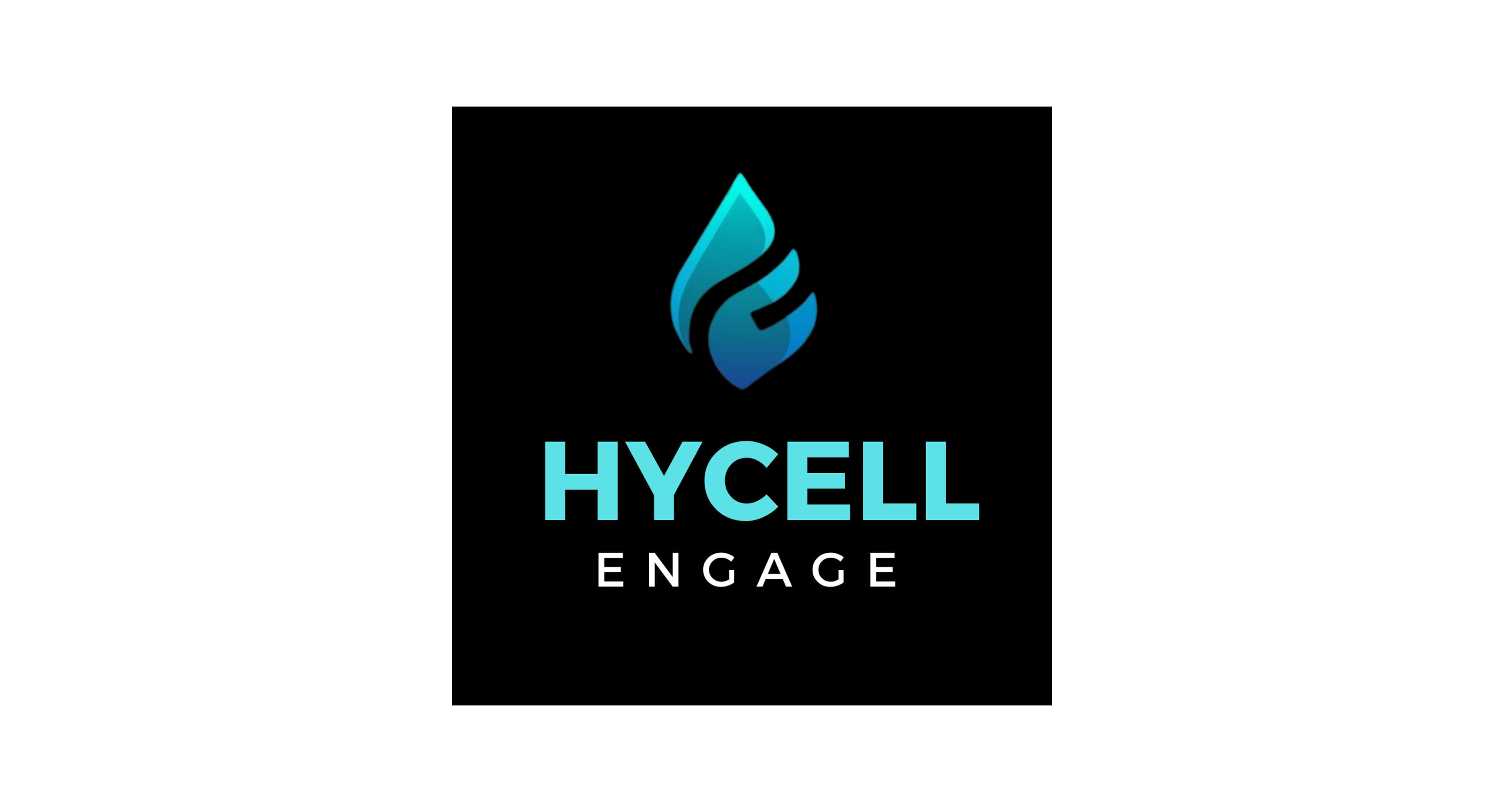
Global expertise in fuel cell technology
Hycell Engage, founded in 2023 by Venu Verma and based in Hyderabad, brings global fuel cell expertise to the Indian market. Incorporated in India after six years of global R&D and a 7 million Euro investment from its German parent company Sisteam, Hycell Engage has developed a fully functional Proton Exchange Membrane (PEM) fuel cell suitable for various mobility and stationary applications.
The company's standard high capacity fuel cells have been successfully tested by several European companies and institutions, including Volkswagen Group, the Government of Barcelona, and universities in Chemnitz and Dresden. Hycell Engage's unique selling proposition lies in its ability to significantly reduce fuel cell costs—by up to 10 times—representing a major disruption in the industry.
Hycell Engage boasts not only cost reduction but also decreased delivery times and the highest durability in the market. The company is competing with global giants like Toyota, Bosch, Ballard, and Proton to optimise the fuel cell production process, positioning itself as a formidable player in the global hydrogen technology race.
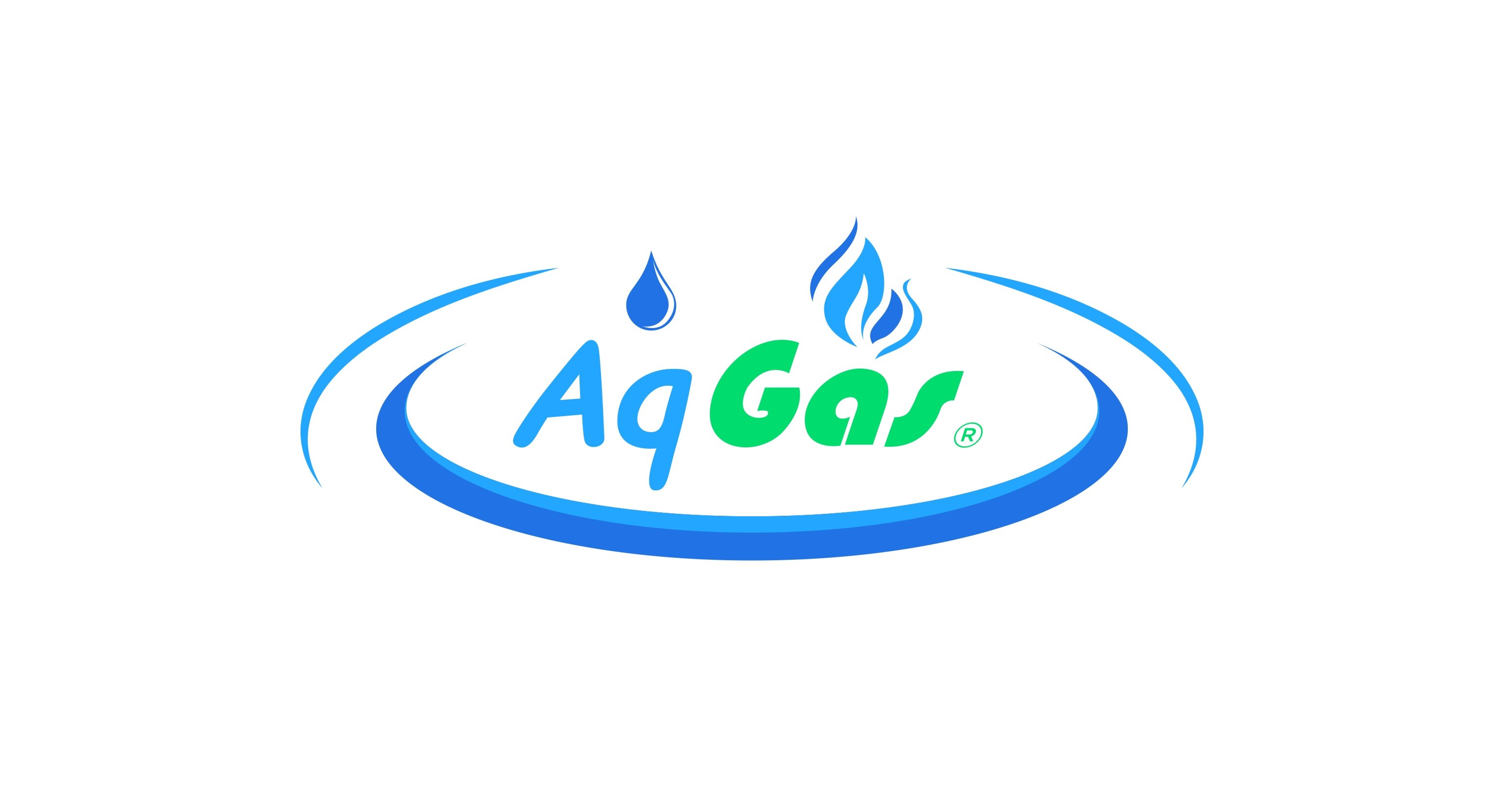
Revolutionising green hydrogen production through flow-through electrolysis
AqGas, founded in 2022 and based in Nottingham, UK, is transforming the hydrogen production landscape with its innovative flow-through electrolysis technology. Its groundbreaking approach offers a substantial capital expenditure saving compared to conventional alternatives, driven by its membrane-free, flow-through technology that minimises parasitic load, simplifies assembly, and reduces maintenance costs.
The company's proprietary electrode development programme utilises sustainable materials, ingeniously repurposing aerospace "waste" streams to create durable, efficient, and ultra-low-cost electrodes. Its system's modular design ensures easy maintenance and upgrades, with an impressive lifecycle.
AqGas has already begun implementing its technology in real-world applications, with a notable project at Springvale Farm, Nottinghamshire (UK) demonstrating CO2 capture and hydrogen injection for anaerobic digestors. This innovation has immediate potential for replication across 30 similar sites, with over 3,000 anaerobic digestors in Germany alone presenting a vast market opportunity.
The company partners globally for licensing and aims to revolutionise hydrogen production by providing affordable, low-maintenance solutions with a focus on renewable energy and industrial applications.

Advancing hydrogen storage solutions
Based in Madurai, India, Gudlyf Mobility was founded in 2022 by Dr. Ajeet Babu and a team of industry veterans, including experts from Indian Space Research Organisation (ISRO) and Automotive Research Association of India (ARAI). The company specialises in manufacturing Type IV hydrogen storage cylinders, designed to be lightweight (~83% lighter than conventional solutions), non-corrosive, and capable of withstanding pressures up to 700 bar.
Gudlyf's breakthrough lies in its proprietary wet filament winding process, which incorporates a unique carbonaceous material formulation in the overwrap material, enhancing fracture toughness while reducing hydrogen permeation. The company’s innovative approach extends to the liner material, which combines polymer with natural cellulosic material, making it both environment-friendly and effective at preventing gas permeation.
The company has already garnered attention from major industry players, including Cummins, Ashok Leyland, and Reliance, positioning themselves at the forefront of India's ambitious hydrogen mobility sector.
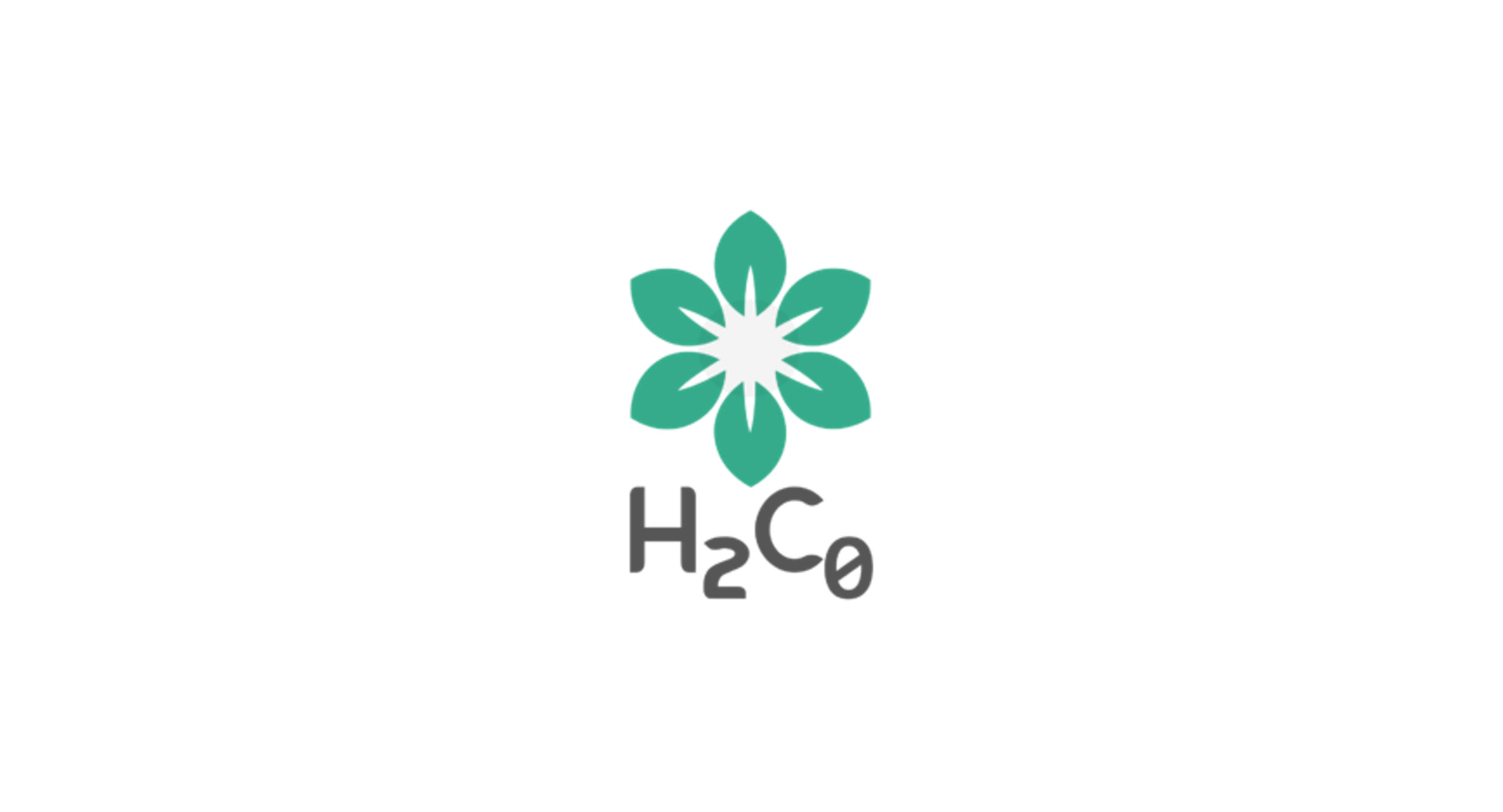
Commercialising fuel cell technology
Led by Santosh Gurunath and Laxmikant Banjarey, H2C0 , based in Noida, Uttar Pradesh, was founded in 2019 and is making significant strides in the fuel cell sector with its modular, end-to-end fuel cell systems. The company’s innovation addresses key market challenges by offering solutions that achieve lower CAPEX while delivering higher efficiency than conventional systems.
H2C0's systems stand out for their stackable design and ease of integration, making them ideal for various applications from material handling to backup power. The company’s technology promises an impressive 25,000-hour lifetime, setting new standards for system reliability and maintenance requirements.
With its first 25 kW system operational in India, H2C0 emphasises indigenisation to reduce costs and drive adoption while targeting the global market to meet the rising demand for low-carbon hydrogen solutions. It envisions transforming the energy landscape by advancing fuel cell technology for sustainable and versatile power generation.
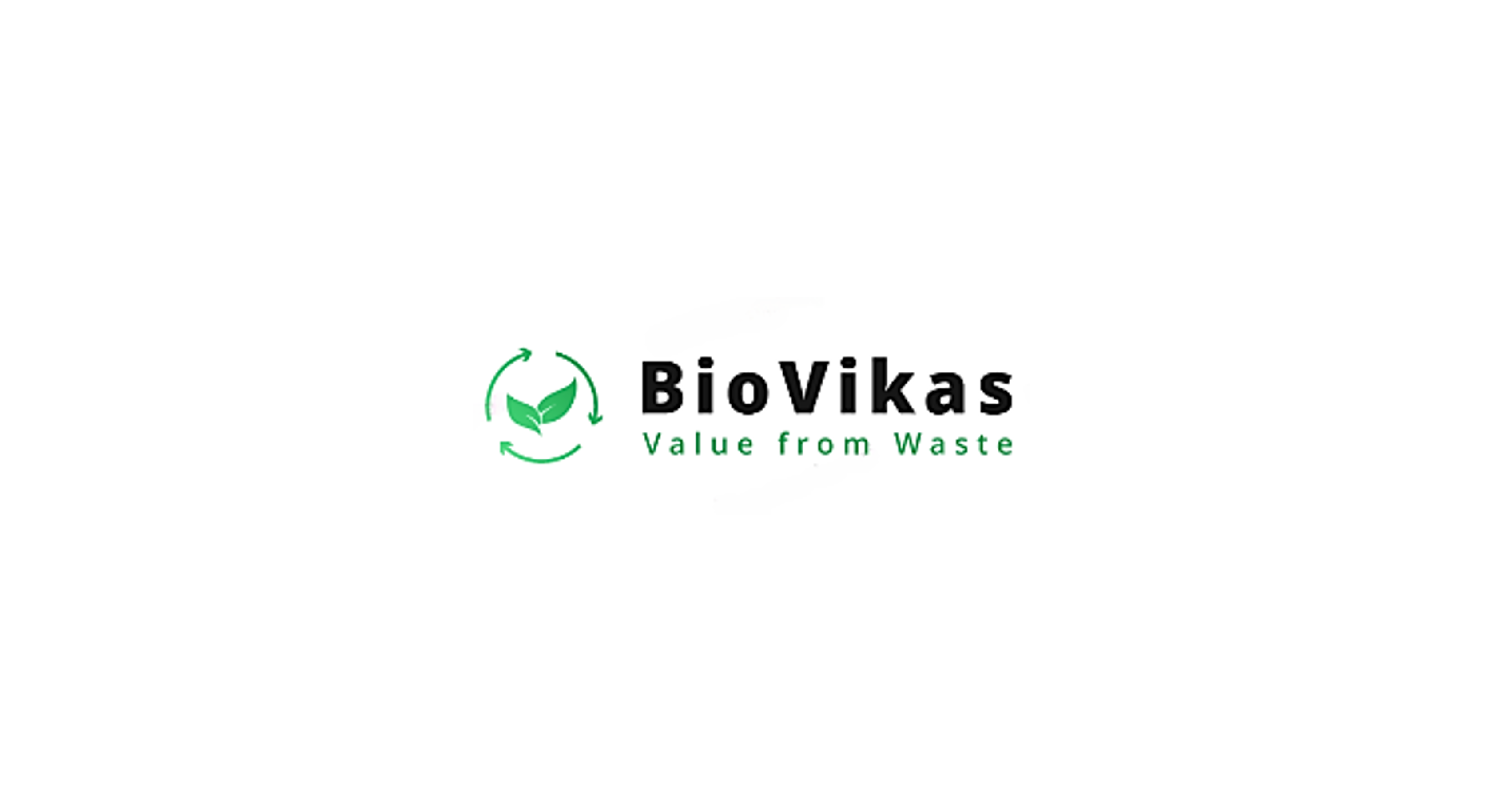
Revolutionising farm waste to green hydrogen production
Founded in 2023 and based in Bengaluru, BioVikas is pioneering a transformative approach to green hydrogen production by utilising agricultural waste as feedstock. Under the leadership of a seasoned team including Dinesh Kagathi, Shantonu Ray, and Murali Subramanian, the company has developed an innovative Green Energy-as-a-Service (GEaaS) model that turns farm waste into valuable clean energy.
BioVikas' technology leverages IISc-designed gasifiers to create a sustainable, end-to-end solution for converting biomass waste into green hydrogen and other valuable products. Their process not only addresses the critical issue of agricultural waste management but also produces hydrogen at a remarkably competitive cost of less than ₹350/kg.
What sets BioVikas apart is their distributed production model, which reduces supply risks and optimises logistics through AI/ML integration. Their approach delivers multiple benefits: strengthening rural economies, mitigating climate change, and enhancing energy security. The company aims to process 2 million tons of biomass annually by 2030, with projected impact including over ₹700 crore paid to farmers annually and significant CO2 emissions reduction.

Supercharging electrolysis technology
Singapore-based SunGreenH2, set up in 2020, is revolutionising green hydrogen production through their innovative approach to electrolysis technology. The company has developed breakthrough Anion Exchange Membrane (AEM) technology that achieves platinum-like performance without using expensive platinum group materials (PGMs).
Their proprietary electrodes deliver remarkable efficiency gains, achieving 20% lower energy consumption while doubling hydrogen production compared to conventional systems. The company's technology stands out for its ultra-stable performance, promising decades of durability and significantly reduced operational costs.
SunGreenH2's innovation has already gained significant industry recognition, with successful deployments including a partnership with Naturgy in Spain. Their technology promises to reduce the levelised cost of hydrogen (LCOH) by 30-40% compared to commercial AEM electrolysers, making green hydrogen more economically viable for wide-scale adoption.
The company has established a strong manufacturing presence with facilities in Singapore and Melbourne, supported by an experienced team led by CEO Tulika Raj and CTO Dr. Saeid Masudy Panah. Their 100 MW production capacity and partnerships with major energy companies position them well to scale their technology globally.

Revolutionising Industrial Hydrogen Combustion
Based in Hyderabad, SBES Technologies pioneering a transformative approach to industrial heat processes through their patented HyFlex burner system. Under the leadership of Dr. Naresh Aluri and his expert team, the company has developed an innovative 3D-printed, fuel-flexible burner that can operate seamlessly with hydrogen blends up to 100% hydrogen.
What sets SBES's HyFlex burner system apart is its remarkable adaptability across different fuel types with Lower Heating Value (LHV) variations from 35 to 120 MJ/kg. The system offers power ranges from 100kW to 5MW, making it suitable for diverse applications in the energy sector, oil & gas, food industry, and chemical processing. Most importantly, their technology enables industrial facilities to transition to hydrogen without additional CAPEX for energy transition.
The HyFlex system has been validated at 200kW in industrial furnace settings through the UNIDO accelerator program at IIT Hyderabad, demonstrating both its technical effectiveness and commercial viability. With its flashback-resistant design, low emissions (< 10 ppm NOx), and approximately 50% reduction in blower electricity consumption, SBES is well-positioned to serve a global industrial burner market worth $6.7 billion.